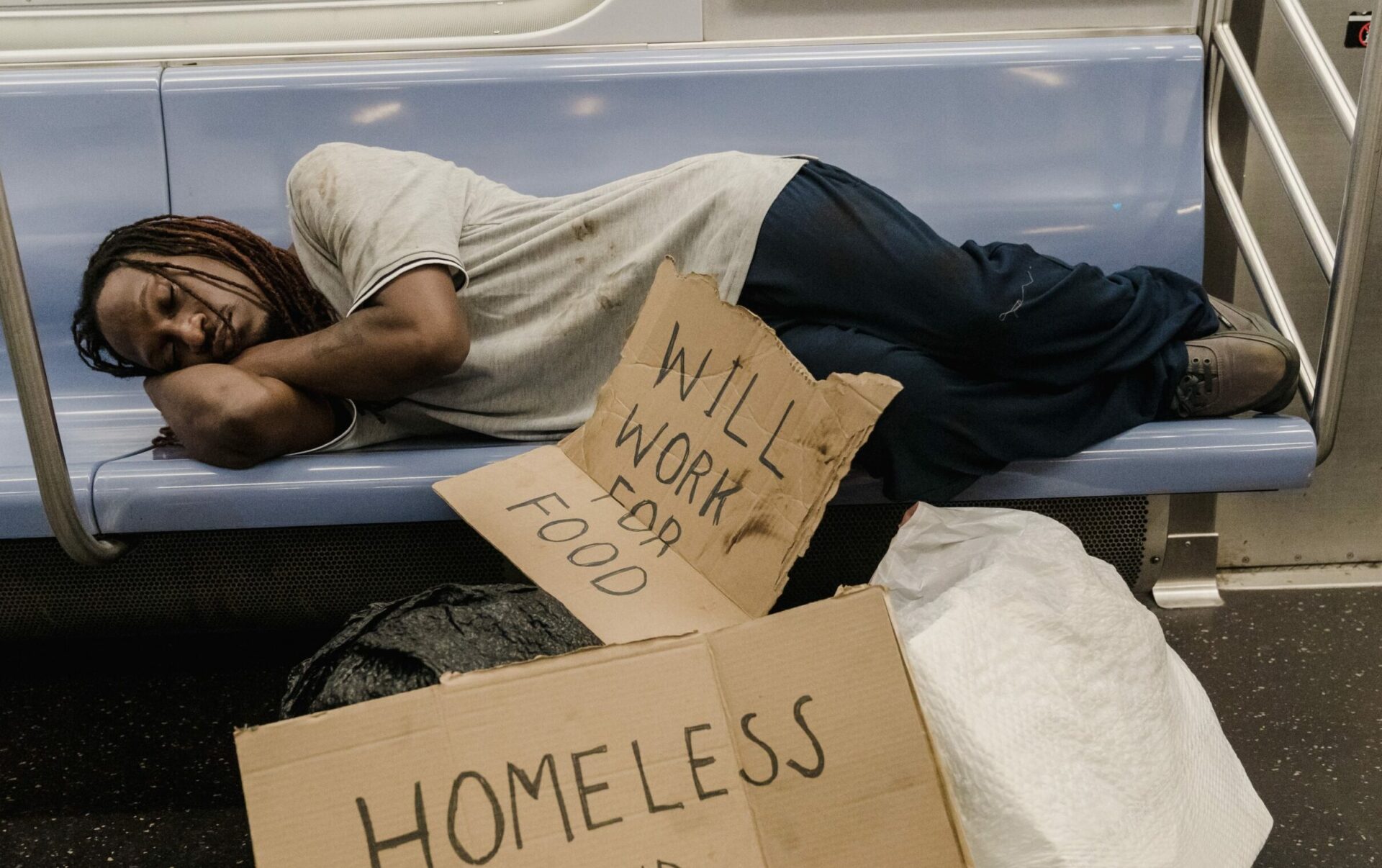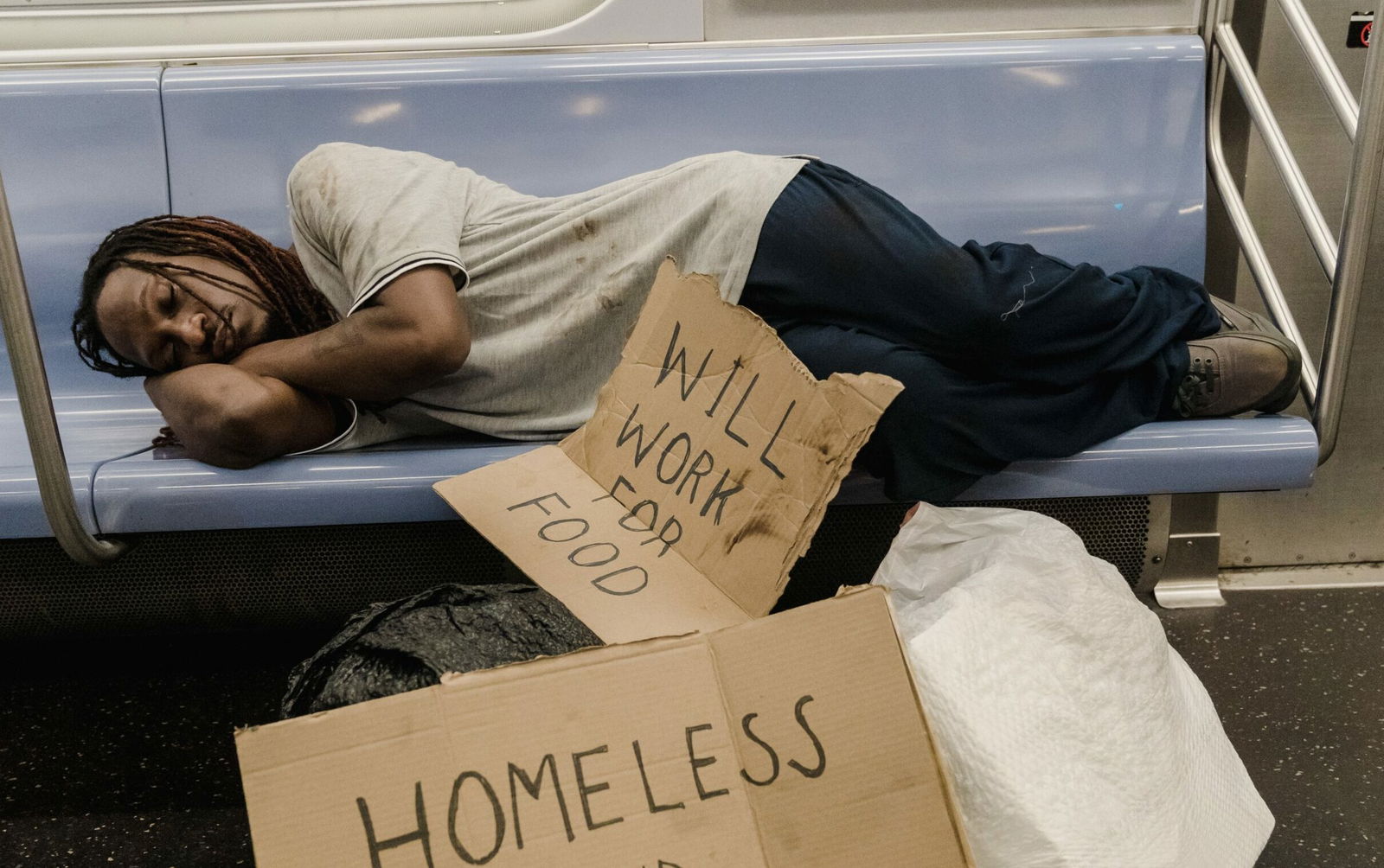
July 27, 2025
Homelessness advocates say that the order does not, in fact, assist the homeless in America’s cities.
On July 24, Donald Trump issued yet another executive order, this one attempts to make it easier to forcibly hospitalize homeless people who are mentally ill or who are dealing with addiction, which the Trump administration believes will address what they have cast as an epidemic of homelessness in America’s cities.
According to a White House fact sheet regarding the executive order, which was titled “Ending Vagrancy And Restoring Order,” any existing consent decrees that limit the ability of state and federal governments to commit individuals who present a risk to either themselves or others, will be ended and any judicial precedents that limit that ability will also be reversed.
Although the executive order purports to be part of a solution and says it will steer resources to programs that address substance abuse, advocates for homeless individuals say that the order does not, in fact assist the homeless in America’s cities.
“Everyone deserves a safe place to live, Donald Whitehead, Jr., National Coalition for the Homeless’s Executive Director said in a press release. “These executive orders ignore decades of evidence-based housing and support services in practice. They represent a punitive approach that has consistently failed to resolve homelessness and instead exacerbates the challenges faced by vulnerable individuals.”
According to the most recent data provided by the Department of Housing and Urban Development, Black people and people of color comprise an outsized proportion of the homeless population relative to their percentage of the general population. Per their figures, despite only composing 12% of the population, Black people made up nearly 32% of the homeless population in 2024.
Ann Oliva, the CEO of the National Alliance to End Homelessness, was also critical of the Trump administration’s approach to homelessness, saying in her own statement that it represents a dramatic step backwards.
“This order represents the most harmful policy proposal on homelessness in my career,” Oliva said. “At a time when unaddressed housing costs are driving record numbers of people into homelessness, this order demonstrates a lack of focus and understanding on what our communities — both red and blue — need to address this crisis. Instead, it largely focuses on punishing people for being homeless and denying desperately needed funds to overwhelmed and under-resourced frontline workers.”
The ACLU also joined the calls criticizing the Trump administration, in their press release, Scout Katovich, a senior staff attorney with the American Civil Liberties Union’s Trone Center for Justice and Equality, noted that this approach from Trump compounds his decision to cut Medicaid, the number one payer of addiction and mental health services in America.
“Pushing people into locked institutions and forcing treatment won’t solve homelessness or support people with disabilities. The exact opposite is true – institutions are dangerous and deadly, and forced treatment doesn’t work. We need safe, decent, and affordable housing as well as equal access to medical care and voluntary, community-based mental health and evidence-based substance use treatment from trusted providers,” Katovich said.
He continued, “But instead of investing in these proven solutions, President Trump is blaming individuals for systemic failures and doubling down on policies that punish people with nowhere else to go – all after signing a law that decimates Medicaid, the number one payer for addiction and mental health services. Homelessness is a policy failure. Weaponizing federal funding to fuel cruel and ineffective approaches to homelessness won’t solve this crisis.”
RELATED CONTENT: Trump Threatens Federal Program With ‘No Additional Funding,’ That Could Leave 60K People Homeless


